New York based jazz vocalist, Valentina Marino. The album is a collection of jazz standards, original tunes and jazz influenced arrangements of pop tunes including the rarely covered "Space Oddity" by David Bowie and Bob Marley’s "Three Little Birds." Valentina Marino has carefully chosen songs of love such as "I Want to Prove I Love You'' and ''Love Came on Stealthy Fingers'', by vocalist and songwriter Bob Dorough.
Why PhiLOVEsophy? These are all songs about the human condition. A clear example of this is evidenced in Marino's cover of "Space Oddity," in the album beautifully re-imagined and re-arranged by Maximilian Zooi and played by a fine ensemble of jazz musicians. It tells the story of one man, lost in space, exploring new places on a metaphysical level, facing death and detaching himself from earthly situations. Marino beautifully and suspense-fully builds the song towards the climactic ending.
PhiLOVEsophy also contains tunes about the trials and tribulations, as well as the happiness and joy of LOVE: Peggy Lee’s "In the Name of Love," bemoaning feelings of disappointment and "You’re Everything," a fun and uplifting rendition portraying the opposite sides of the love experience.
In addition to being a vocal talent, Valentina Marino is a very skilled songwriter and arranger. Her tune "YOU," gives a seemingly personal account of the tortuous twists and turns of a love affair gone wrong. A quick paced song with an addictive beat played brilliantly by world renowned bassist Cameron Brown who is also the producer of this album. The very emotional ballad ''Go through'' is an invitation to face the tough times of life and the psychological storms that they bring as the only way to get to the end of the tunnel and see the light again.
"A Timeless Place" (The Peacocks) is easily my favorite song on the album.
In this haunting ballad about imagined love, Marino gives a stunning vocal performance
guiding us through the story with heart wrenching softness and beauty. And Maximillian Zooi’s gorgeous bass clarinet solo adds another layer of exquisiteness to this very lovely tune.
"Three Little Birds" offers a light and fun acapella version of the song and highlights
Marino’s very creative arranging skills.
Valentina Marino’s PhiLOVEsophy is a truly ambitious first effort from a passionate and dedicated artist. I'm sure she will continue to inject complex emotions through the song, and weave jazz and other musical genres in interesting ways for years to come.
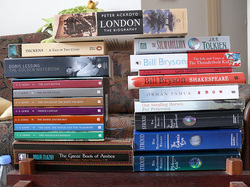
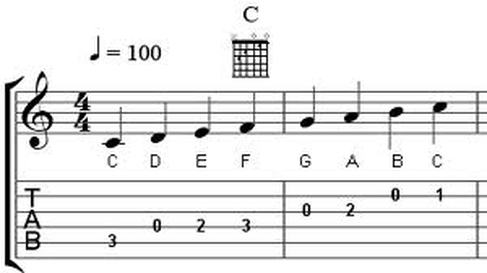



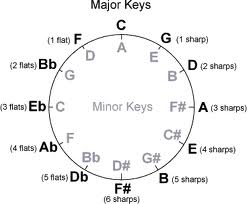
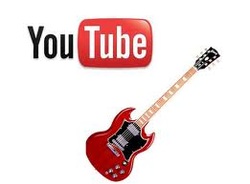
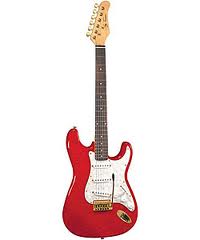
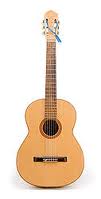
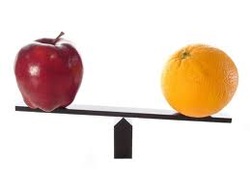
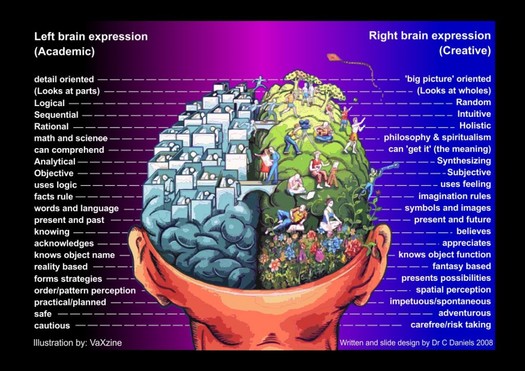

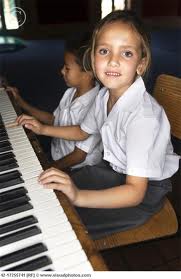
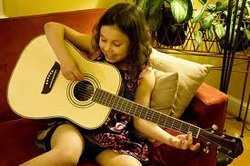

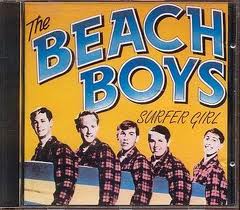

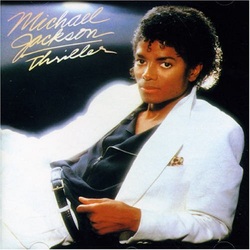




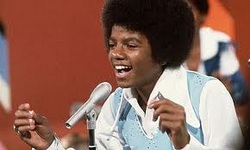
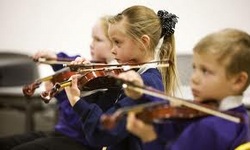

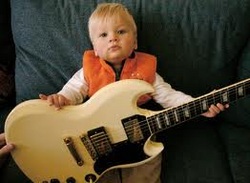
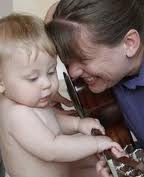
 RSS Feed
RSS Feed